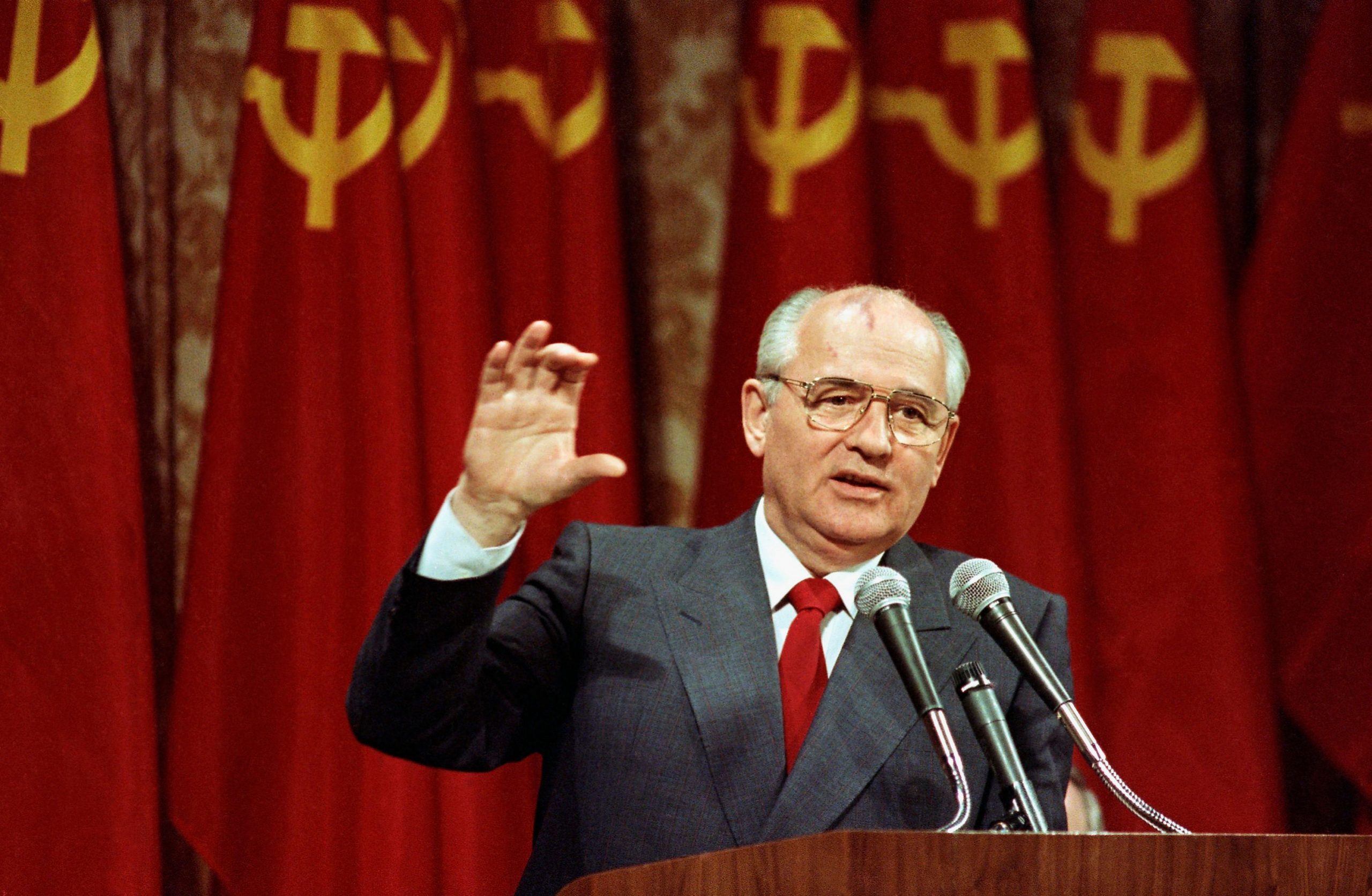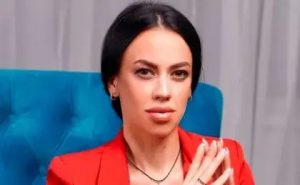Former Soviet President Mikhail Gorbachev, whose policies ended the Cold War without bloodshed, died on Tuesday at the age of 91, Russian media reported, citing hospital officials. The Central Clinical Hospital said Gorbachev was undergoing treatment at the hospital and died after a long illness.
Mikhail Gorbachev family
Mikhail Gorbachev was born on March 2, 1931, in Privolnoye, Krasnogvardeisky District, to a peasant family. His parents had married as teenagers in 1928. His father, Sergey Andreyevich Gorbachev, was an agricultural mechanic on a collective farm. German Army invaded invaded the Soviet Union and occupied Privolnoye during the Second World War. His father had joined the Red Army and was wrongly declared dead. He, however, returned home, injured. After the end of the war, Gorbachev’s parents had their second son.
Also Read: How Mikhail Gorbachev helped end the Cold War
Gorbachev moved to Moscow in 1950 and joined the Moscow State University (MSU) to study law. He met his wife Raisa Titarenko at MSU. The two got married in 1953.
In 1955, Gorbachev started work at the Stavropol regional procurator’s office and eventually became the deputy director of Komsomol’s agitation and propaganda department for that region.
Gorbachev and his wife initially rented a small room in Stavropol. They took daily evening walks around the city and went on hikes during the weekends. In January 1957, the couple welcomed their daughter, Irina.
After the birth of Irina, both Raisa and Gorbachev pursued a second degree. Raina got a PhD in sociology in 1967 from the Moscow Pedagogical Institute. She also joined the Communist Party. She raised funds for the preservation of Russian cultural heritage and treatment programs for children’s blood cancer.
In July 1999, she was diagnosed with leukemia and died on September 20 aged 67.
Speaking to ‘Novaya Gazeta’ on the occasion of her father’s 80th birth anniversary, Irina had said, “My parents were always very reserved in front of me; there were no outward displays of affection. But there was this: mutual understanding. Papa would come home from work and we would listen to him talk about all the collective-farm sheep, about what burned down, where he went, who he talked to… Mama would come home from the institute and start talking about this student, that student… And I would talk about myself. As a family, we were very close, although in Papa’s and Mama’s work lives, there were also things that weren’t discussed.







